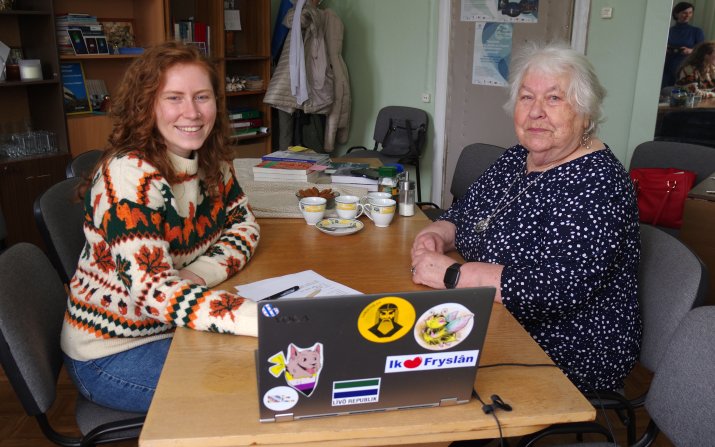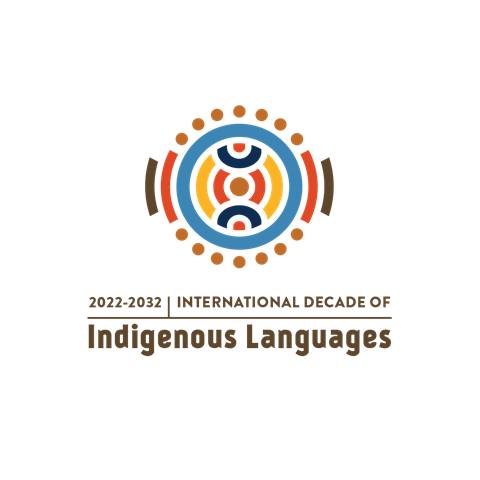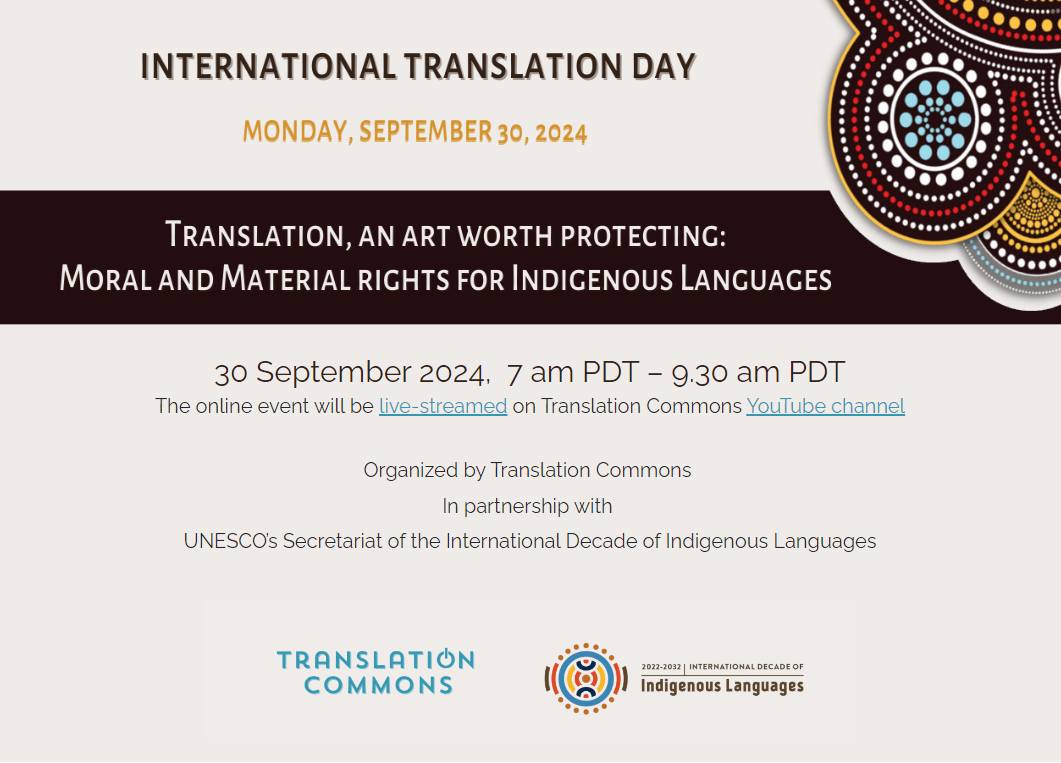Our young researcher from the Livonian Institute of the University of Latvia, Bridget Moran-Nae, has just graduated Cum Laude from her MA in Linguistics – Multilingualism from the University of Groningen with a grade of 8 on her thesis entitled “If there are no opportunities to speak, at least there are opportunities to sing” – Traditional music groups and the revitalization of Livonian in Latvia.
In her MA thesis, she explored the following questions:
- What role do members of traditional music groups see for themselves as actors in the revitalization of Livonian?
- What are their attitudes towards Livonian and its revitalization?
- According to them, what impact do music and musical performance have on language revitalization?
- How do they envisage their future and challenges in the revitalization process?
From 8th March until 14th April 2024, she travelled to Latvia to carry out fieldwork with Livonian singers. The four musical ensembles whose members she interviewed were Laula from Kolka, Līvlist from Riga, Rāndalist from Ventspils and Kāndla from Tārgale.

From 27th May until 31st May she took part in the International Finno-Ugric Students’ Conference in Budapest to present her work on the role of Livonian musicians in the revitalization process, allowing her to receive feedback from other young researchers and engage in fascinating conversations, both on the topic of Livonian and other minoritized languages and language policy issues.
From September 2024, she will be embarking on a PhD at the University of Tartu, working towards conceptualizing Livonian musicians as language policy actors in their community, and exploring how they situate both themselves and other potential language policy actors in the revitalization efforts.
Bridget’s MA thesis on the role of musical ensembles in the revitalization of Livonian, her research trip to Latvia and her participation in IFUSCO were supported by the Livonian Institute’s project named “Continuity of Livonian: Understanding language transmission processes in a critically endangered contemporary indigenous community to develop process-driven instruments for preservation and revitalisation”, FLPP, Nr. lzp-2023/1-0264.



